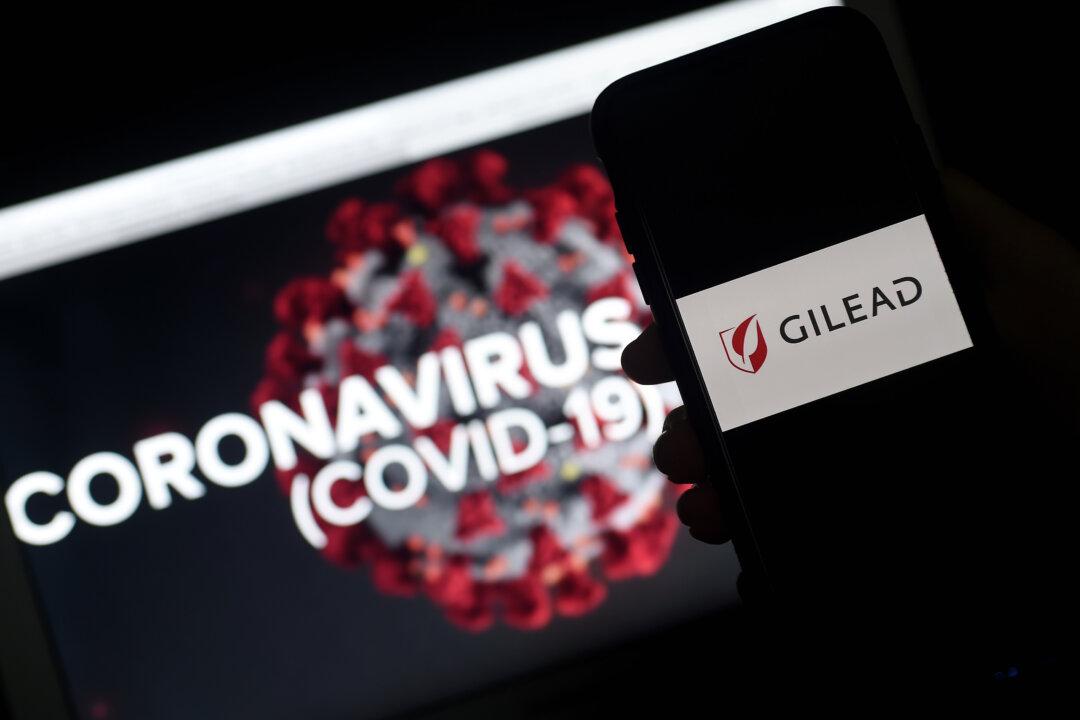U.S. biotechnology firm Gilead Sciences has announced that it will donate 1.5 million doses of its experimental anti-CCP-virus drug, remdesivir, for compassionate use, expanded access, and clinical trials.
The doses are intended for patients with severe symptoms of CCP virus, commonly known as novel coronavirus, who will receive them through daily intravenous infusions in a hospital setting. They could be part of treatment courses for as many as 140,000 patients, according to a statement by Gilead CEO Daniel O'Day on April 4.




